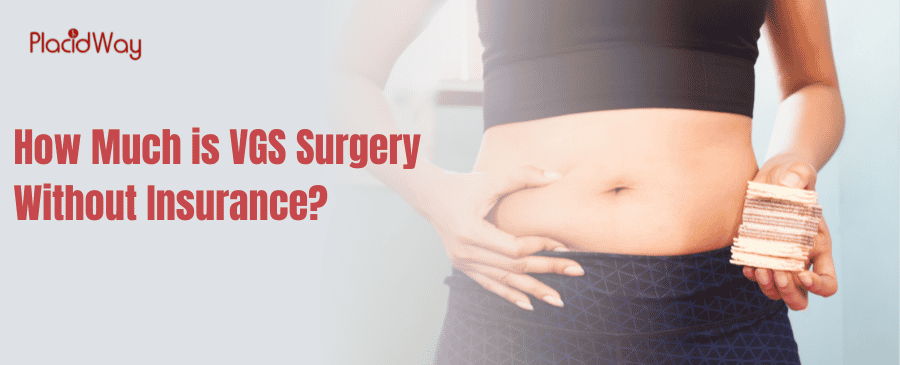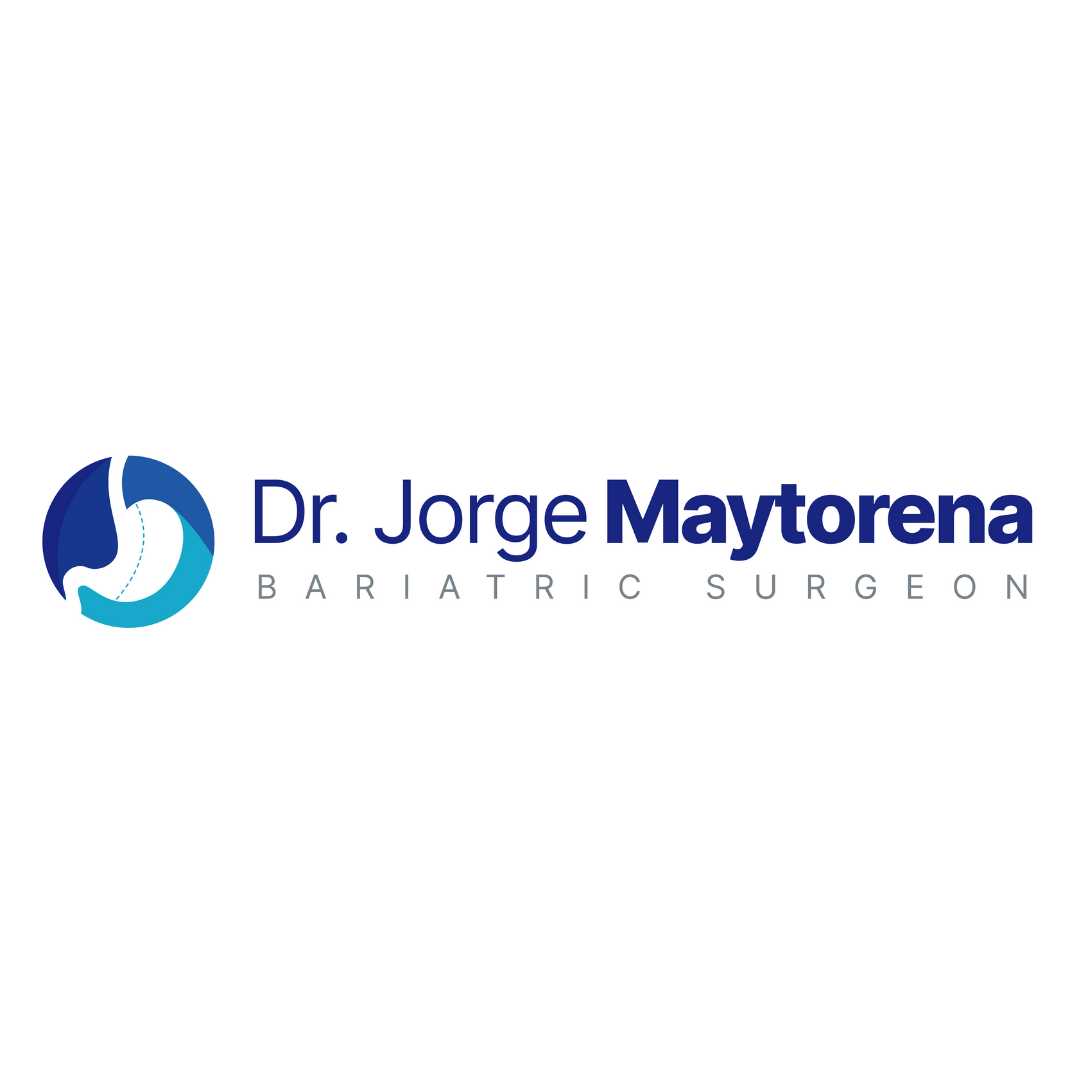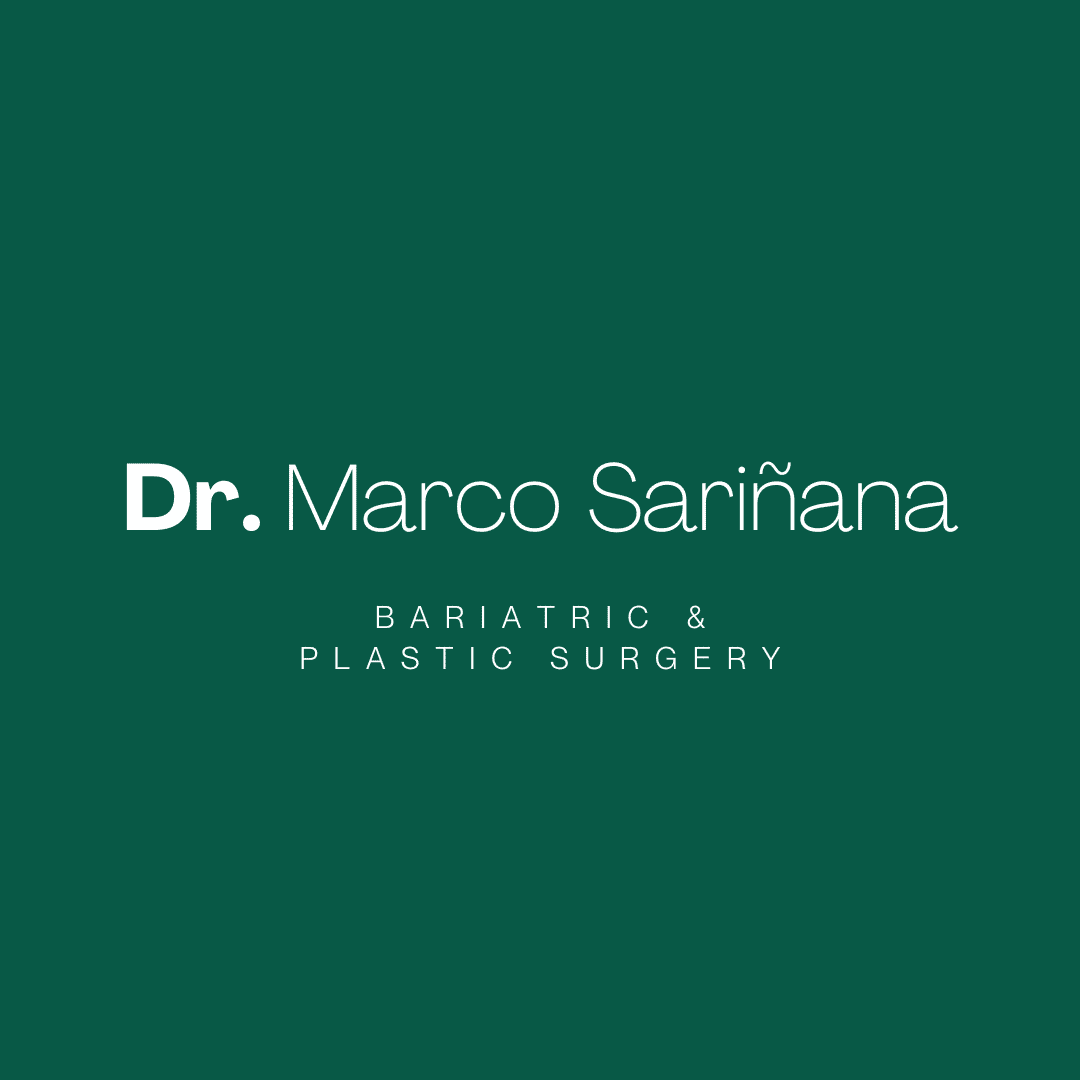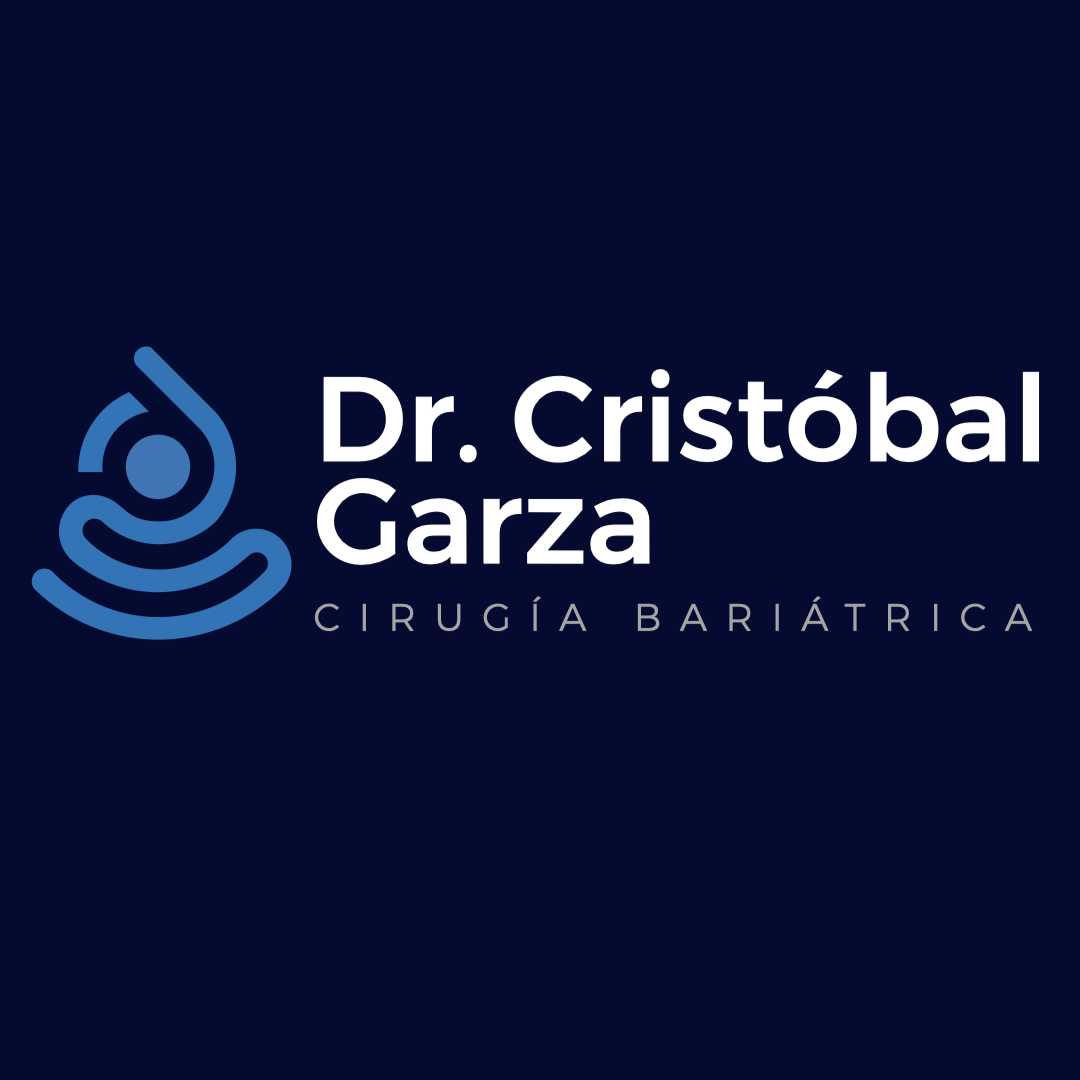How Much to Pay for VSG Without Insurance?

Considering Vertical Sleeve Gastrectomy (VSG) surgery is a significant step towards a healthier life, but the question of cost, especially VSG surgery cost without insurance, is a primary concern for many. The price of sleeve gastrectomy without insurance can vary widely, typically ranging from $9,000 to $27,000 in the United States, depending on numerous factors. This guide aims to break down the expenses involved, what influences them, and how you can navigate this investment in your health.
Understanding the financial aspect of bariatric surgery is crucial for planning. While the initial figure might seem daunting, it's important to weigh it against the long-term health benefits and potential savings on obesity-related medical conditions. Let's delve into the specifics to give you a clearer picture.
What is the average cost of VSG surgery without insurance in the US?
"The average cost of VSG surgery without insurance in the United States typically ranges from $9,000 to $27,000."
This range is quite broad because numerous elements contribute to the final price. Factors include the geographical location of the clinic, the surgeon's experience and reputation, the type of hospital or surgical center (inpatient vs. outpatient), and what services are bundled into the quoted price. For instance, surgery in a major metropolitan area on the coasts might be more expensive than in a smaller city in the Midwest.
It's also essential to understand that this average often reflects a "cash pay" or "self-pay" price, which might be different from what an insurance company would be billed. Clinics often offer package prices for self-pay patients, which can sometimes be more straightforward than navigating insurance co-pays and deductibles, though the upfront cost is higher.
How much does a sleeve gastrectomy cost if I pay cash?
"If you are paying cash for a sleeve gastrectomy, the cost is generally the same as the 'without insurance' price, ranging from $9,000 to $27,000, though some facilities may offer a slight discount for upfront cash payments."
Paying cash, often referred to as a "self-pay" option, means you are covering the entire cost of the procedure out-of-pocket. Many bariatric programs offer specific packages for self-pay patients. These packages are designed to be comprehensive, but it's vital to clarify exactly what is included. Some clinics might offer a modest discount if you pay the full amount upfront in cash, as it reduces their administrative overhead associated with financing or payment plans.
When discussing a cash payment, ensure you get a detailed breakdown of all included services. This transparency will help you compare offers from different providers accurately and avoid unexpected expenses later on.
Why is VSG surgery so expensive without insurance?
"VSG surgery is expensive without insurance due to a combination of high-value components: surgeon's fees, anesthesia costs, hospital or surgical facility fees, necessary medical equipment, and pre-operative and post-operative care."
Each element of the VSG surgery process has a significant cost attached. The surgeon's fee reflects their specialized training, experience, and the complexity of the procedure. Anesthesiologists are also highly skilled medical professionals whose expertise is critical for patient safety. The hospital or surgical center charges cover the use of the operating room, advanced surgical technology, nursing staff, and overnight stays if required.
Furthermore, the price includes various medical supplies, from sterile instruments to the laparoscopic equipment used during the minimally invasive procedure. Pre-operative evaluations (like blood tests, imaging, and consultations) and initial post-operative follow-ups also contribute to the overall sleeve gastrectomy price. Without an insurance company negotiating rates, the patient bears the full, itemized cost of these services.
What factors determine the price of VSG surgery?
"Several factors determine the price of VSG surgery, including the surgeon's experience, the geographic location of the clinic, the type of facility (hospital vs. ambulatory surgical center), the extent of pre-operative testing required, and the length of any hospital stay."
Let's break down these key factors:
- Surgeon's Expertise and Reputation: Highly experienced bariatric surgeons with a strong track record may charge more for their services. Their skill can lead to better outcomes and fewer complications, which can be invaluable.
- Geographic Location: Costs for medical procedures, including VSG surgery, vary significantly by region and even between cities within the same state. Urban centers with higher costs of living often have higher medical fees.
- Type of Facility: Performing the surgery in a full-service hospital is generally more expensive than in an ambulatory surgical center (ASC). Hospitals have more overhead but also offer more comprehensive care if complications arise. ASCs can be more cost-effective for suitable candidates.
- Pre-operative Requirements: The extent of pre-op testing (e.g., cardiac evaluations, sleep studies, psychological assessments) can add to the overall cost if not included in a package price.
- Hospital Stay Duration: If your surgery package includes a one-night hospital stay, any additional nights required due to minor complications could incur extra charges.
- Anesthesia Fees: The type of anesthesia and the duration of the surgery will influence the anesthesiologist’s fees.
Is VSG cheaper in other countries like Mexico or Turkey?
"Yes, VSG surgery can be significantly cheaper in other countries, such as Mexico or Turkey, often ranging from $4,000 to $8,000. This is a key reason for the growth of medical tourism for VSG."
The lower cost of VSG surgery abroad is often attributed to lower labor costs, reduced administrative overhead, and sometimes different regulatory environments. Countries like Mexico and Turkey have become popular destinations for bariatric surgery due to these cost savings, with many clinics catering specifically to international patients. These facilities often offer all-inclusive packages that may cover the surgery, hospital stay, and sometimes even local transportation and accommodation.
However, if considering medical tourism, it's crucial to research thoroughly. Look into the surgeon's credentials, the hospital's accreditation, patient reviews, and understand the protocols for follow-up care once you return home. While cost is a major factor, quality of care and safety should remain paramount.
What's typically included in the self-pay VSG surgery package?
"A typical self-pay VSG surgery package usually includes the surgeon's fee, anesthesia fee, hospital or surgical facility fee for the day of surgery and a standard recovery period, and some initial post-operative follow-up visits."
When you opt for a self-pay package for your sleeve gastrectomy, the clinic aims to provide a comprehensive price. Generally, this includes:
- The primary surgeon’s fee for performing the VSG.
- The anesthesiologist’s fee.
- The cost of the operating room and standard surgical supplies.
- A predetermined hospital stay (e.g., one or two nights).
- Basic medications administered during the hospital stay.
- A set number of initial follow-up appointments with the surgeon or their team.
It's essential to get a written confirmation of everything included in the package. Ask specifically about pre-operative tests, nutritional counseling, psychological evaluations, and long-term follow-up care, as these may or may not be covered.
Are there hidden costs with VSG surgery I should be aware of?
"Yes, there can be potential 'hidden' or additional costs with VSG surgery not covered in a standard package. These might include extensive pre-operative testing, take-home medications, nutritional supplements, long-term follow-up care beyond the initial period, and treatment for any complications."
While reputable clinics strive for transparency, certain costs might fall outside a standard VSG surgery package. Be prepared for potential additional expenses such as:
- Comprehensive Pre-operative Screening: If you have underlying health conditions, you might need specialized tests (e.g., cardiology clearance, sleep apnea study) that aren't part of the basic package.
- Prescription Medications: Post-surgery medications, including pain relievers, acid reducers, and any medications for pre-existing conditions, will be an ongoing expense.
- Vitamins and Supplements: Lifelong vitamin and mineral supplementation is crucial after VSG, and this is an out-of-pocket cost.
- Nutritional Counseling: While some initial dietary guidance is usually included, you might need or want extended support from a nutritionist.
- Complications: If complications arise requiring additional medical intervention, hospital stays, or procedures, these will incur extra costs.
- Follow-up Care: Packages often cover a limited number of post-op visits (e.g., for the first 3-6 months). Long-term follow-up, which is vital for success, might require separate payments.
- Travel and Accommodation: If you're traveling for surgery, factor in these expenses.
Can I finance VSG surgery without insurance?
"Yes, you can often finance VSG surgery without insurance through medical credit companies, personal loans from banks or credit unions, payment plans offered by the surgical center, or by using existing lines of credit."
The inability to pay the full VSG surgery cost upfront doesn't necessarily mean the procedure is out of reach. Many individuals explore financing options:
- Medical Credit Cards: Companies like CareCredit specialize in financing healthcare expenses. They often offer promotional periods with deferred interest or low-interest rates.
- Personal Loans: Banks and credit unions may offer personal loans that can be used for medical procedures. Interest rates will vary based on your creditworthiness.
- Clinic Payment Plans: Some bariatric practices offer in-house payment plans, allowing you to spread the cost over several months or years. Inquire about interest rates and terms.
- Secured Loans: If you own a home, a home equity line of credit (HELOC) might be an option, though this involves using your home as collateral.
- Crowdfunding: Some individuals turn to platforms like GoFundMe to raise funds for their surgery.
- Retirement Fund Loans: Depending on your plan, you might be able to borrow against your 401(k) or other retirement savings, but this should be considered carefully due to potential penalties and tax implications.
What are the cheapest states for VSG surgery in the US?
"While exact rankings fluctuate, states in the Southeast and Midwest, such as Arkansas, Oklahoma, or some parts of Texas, may offer more affordable VSG surgery options compared to coastal states like California or New York."
The cost of medical procedures, including VSG surgery, often mirrors the general cost of living and operating a business in a particular state. States with lower overheads for medical practices, less state-level regulation that drives up costs, and more competition among providers may have lower average prices.
However, "cheapest" doesn't always mean best. When searching for affordable VSG surgery, prioritize the surgeon's qualifications, the facility's accreditation, and patient outcomes over cost alone. Traveling to another state for surgery can add travel and accommodation expenses, so factor those into your overall budget if considering this route.
Does the surgeon's fee significantly impact VSG cost?
"Yes, the surgeon's fee is a significant component of the overall VSG surgery cost, typically accounting for 20% to 40% of the total price without insurance."
The surgeon's fee covers their expertise, the time spent performing the surgery, pre-operative consultations, and immediate post-operative care. More experienced surgeons with specialized fellowship training in bariatric surgery and a high volume of successful procedures often command higher fees. While it's tempting to look for the lowest surgeon's fee to reduce the sleeve gastrectomy price, remember that the surgeon's skill is paramount to a safe and successful outcome.
When you receive a quote, the surgeon's fee should be clearly itemized. Don't hesitate to ask about the surgeon's experience, success rates, and what their fee specifically covers.
Are pre-op tests included in the VSG surgery price?
"Whether pre-operative tests are included in the VSG surgery price varies by clinic; some self-pay packages bundle common pre-op tests, while others list them as separate charges."
Standard pre-operative tests for VSG surgery often include blood work, an electrocardiogram (ECG), a chest X-ray, and sometimes an upper endoscopy. Some bariatric programs include the cost of these routine tests in their self-pay package. However, if you require more specialized testing due to specific health concerns (e.g., a sleep study for sleep apnea, a cardiac stress test, or extensive psychological evaluation), these are more likely to be billed separately.
Always clarify with the surgical center exactly which pre-operative tests are covered in the quoted VSG surgery cost without insurance and which ones you would need to pay for additionally. This helps in creating an accurate budget.
What about post-operative care costs for VSG?
"Post-operative care costs for VSG surgery can be partially included in a package (e.g., initial follow-up visits), but long-term care, including nutritional counseling, supplements, and potential complication management, often incurs separate expenses."
Initial post-operative care, such as the first few follow-up visits with your surgeon within the first few months, is often part of the self-pay sleeve gastrectomy price. However, effective long-term management after VSG involves ongoing support:
- Nutritional Counseling: Regular check-ins with a dietitian are crucial for adapting to your new eating habits and ensuring proper nutrition.
- Vitamins and Minerals: Lifelong supplementation is necessary and is an ongoing out-of-pocket cost.
- Support Groups: While often free, some specialized support programs might have a fee.
- Monitoring for Complications: Any late complications or related issues (like gallbladder problems or nutritional deficiencies requiring specific treatment) will have associated costs.
- Body Contouring: Significant weight loss can result in excess skin. Procedures to remove this skin are typically not included and are a separate, substantial expense if desired.
Understanding the scope of included post-operative care is vital for long-term financial planning.
Is it worth paying for VSG surgery out-of-pocket?
"For many, paying for VSG surgery out-of-pocket is considered worth it due to significant improvements in health, quality of life, and potential long-term savings on medications and treatments for obesity-related conditions like diabetes, hypertension, and sleep apnea."
The decision to self-pay for VSG surgery is a personal one, involving a significant upfront investment. However, the benefits can be substantial. Successful weight loss surgery can lead to the remission or improvement of costly chronic health conditions, potentially reducing or eliminating the need for expensive long-term medications and frequent doctor visits.
Beyond the financial savings on healthcare, the improvement in quality of life – increased mobility, energy levels, self-esteem, and ability to participate in activities – is invaluable to many patients. When considering the VSG surgery cost without insurance, weigh it against the ongoing costs (both financial and quality-of-life) of living with obesity.
How can I find affordable VSG surgery options?
"To find affordable VSG surgery options, research and compare prices from various accredited surgeons and facilities, consider medical tourism to reputable international clinics, inquire about package deals for self-pay patients, and explore financing options."
Finding a more affordable path to VSG surgery requires proactive research:
- Shop Around: Get quotes from multiple bariatric programs. Ensure you are comparing like-for-like packages.
- Look Beyond Major Metro Areas: Consider facilities in smaller cities or states where costs might be lower.
- Ask About Self-Pay Packages: These are often discounted compared to itemized billing.
- Inquire about ASCs: If you are a good candidate, surgery at an Ambulatory Surgical Center might be less expensive than a hospital.
- Medical Tourism: Explore accredited international options, but vet them carefully for quality and safety standards.
- Check University Hospitals: Sometimes, teaching hospitals might offer slightly lower rates or have specific programs.
- Negotiate (Respectfully): While not always possible, some clinics might have a little flexibility, especially for upfront cash payments.
Always prioritize safety and quality. A "cheap" surgery that leads to complications can become far more expensive in the long run.
Are there any grants or programs to help pay for VSG surgery?
"While direct grants specifically for VSG surgery are rare, some non-profit organizations or foundations focused on obesity treatment may offer limited financial assistance or scholarships; employer wellness programs or health savings accounts (HSAs) can also be avenues for funding."
Unfortunately, specific grants that cover the full VSG surgery cost without insurance are not common. However, you can explore these avenues:
- Obesity Action Coalition (OAC): While not directly providing grants for surgery, they offer resources and advocacy, and may be aware of any assistance programs.
- Weight Loss Surgery Foundation of America (WLSFA): This organization sometimes offers grants for bariatric surgery to those in need, though availability is limited and competitive.
- Employer Wellness Programs: Some employers offer incentives or contributions towards health-related expenses, which might include aspects of weight loss programs.
- Health Savings Account (HSA) or Flexible Spending Account (FSA): If you have one of these accounts through your employer, you can use these pre-tax dollars to pay for qualified medical expenses, including VSG surgery. This provides a tax advantage, effectively reducing the cost.
It requires diligent research to find such assistance, and it's often not enough to cover the entire procedure.
What are the risks of choosing a very cheap VSG option?
"Choosing a very cheap VSG surgery option carries risks such as potentially inexperienced surgeons, substandard facilities or equipment, inadequate pre-operative screening, insufficient post-operative care, and a higher likelihood of complications, which can ultimately lead to higher costs and poorer outcomes."
While affordability is a major concern, an unusually low sleeve gastrectomy price should be a red flag. It could indicate compromises in areas critical to your safety and success:
- Surgeon Experience: A less experienced surgeon may offer lower rates but could have higher complication rates.
- Facility Standards: The clinic might be cutting corners on equipment, staff training, or safety protocols.
- Inadequate Care: Pre-operative assessments might be rushed, or post-operative support may be minimal, increasing risks.
- Hidden Fees: An initial low price might be bait, with many additional costs appearing later.
- Difficulty with Follow-Up: If you travel far for a cheap option, managing follow-up or complications can become difficult and expensive.
Always prioritize a surgeon's credentials, board certification, facility accreditation (e.g., by the Metabolic and Bariatric Surgery Accreditation and Quality Improvement Program - MBSAQIP), and comprehensive care over the absolute lowest price.
How does VSG cost compare to other bariatric surgeries without insurance?
"Without insurance, VSG surgery cost is often mid-range compared to other bariatric procedures. Gastric bypass surgery is typically more expensive due to its complexity, while gastric band surgery (less commonly performed now) might be slightly less expensive upfront but can have higher long-term maintenance costs."
Here’s a general comparison of self-pay bariatric surgery costs:
- Gastric Sleeve (VSG): As discussed, often $9,000 - $27,000.
- Gastric Bypass (Roux-en-Y): Generally more complex and thus more expensive, potentially ranging from $15,000 to $35,000.
- Gastric Band (Lap-Band): This procedure is less common now. Upfront costs might have been slightly lower than VSG, but it often requires frequent adjustments, which add to the long-term expense and have higher rates of reoperation.
- Duodenal Switch (DS): This is the most complex and typically the most expensive bariatric surgery, potentially costing more than gastric bypass.
The best surgery for you depends on your individual health profile and weight loss goals, not just the bariatric surgery cost. A thorough discussion with a qualified bariatric surgeon is essential.
Will I have to pay for follow-up appointments separately if I self-pay for VSG?
"Some initial follow-up appointments are often included in a self-pay VSG surgery package, but long-term follow-up visits beyond a certain period (e.g., 3-12 months) may need to be paid for separately."
Most self-pay VSG surgery packages will specify a certain number of included post-operative visits. These typically cover the immediate recovery phase and early adjustments. However, bariatric surgery requires lifelong follow-up to monitor nutritional status, manage potential issues, and support sustained weight loss.
Clarify with the clinic how many follow-up visits are included and for what duration. Ask about the cost of additional visits beyond the package, including appointments with dietitians or other specialists if needed. Budgeting for ongoing care is an important part of the overall financial commitment to sleeve gastrectomy.
What if complications arise after my self-pay VSG surgery?
"If complications arise after self-pay VSG surgery, you will be responsible for the additional medical costs incurred, which can include further hospital stays, medications, diagnostic tests, or even additional procedures, unless your surgical package explicitly includes some form of complication coverage (which is rare)."
This is a critical aspect to understand when opting for VSG surgery without insurance. Standard self-pay packages usually cover the planned procedure and routine recovery. If unforeseen complications occur, such as infections, leaks, bleeding, or other issues requiring further medical intervention, these will result in new charges. These costs can be substantial.
Some surgeons or facilities might offer an optional, additional "complication insurance" or a capped fee for managing certain complications within a specific timeframe, but this is not standard. It's wise to have a contingency fund or understand your options for covering unexpected medical bills should they arise. Discuss this possibility openly with your chosen surgical center.
Can I negotiate the price of VSG surgery?
"While it's not common to significantly negotiate the price of VSG surgery with established medical institutions, some smaller practices or centers offering self-pay packages might have slight flexibility, particularly if you are paying the full amount upfront in cash."
Hospitals and large surgical centers usually have fixed prices for procedures. However, with private clinics or when discussing self-pay packages, there might be a small margin for discussion. You could inquire if there's a discount for paying the entire sum in cash at once, as this saves the clinic administrative costs associated with payment plans.
Approach any negotiation respectfully and focus on understanding the value provided. Drastic price reductions are unlikely and could be a sign of compromised quality. Your priority should always be safe, high-quality care from an experienced surgeon and accredited facility.
Ready to explore your options for VSG surgery and other healthcare solutions? Visit PlacidWay to connect with experienced medical providers and facilities worldwide. Find the right path for your health journey today!


.png)














Share this listing